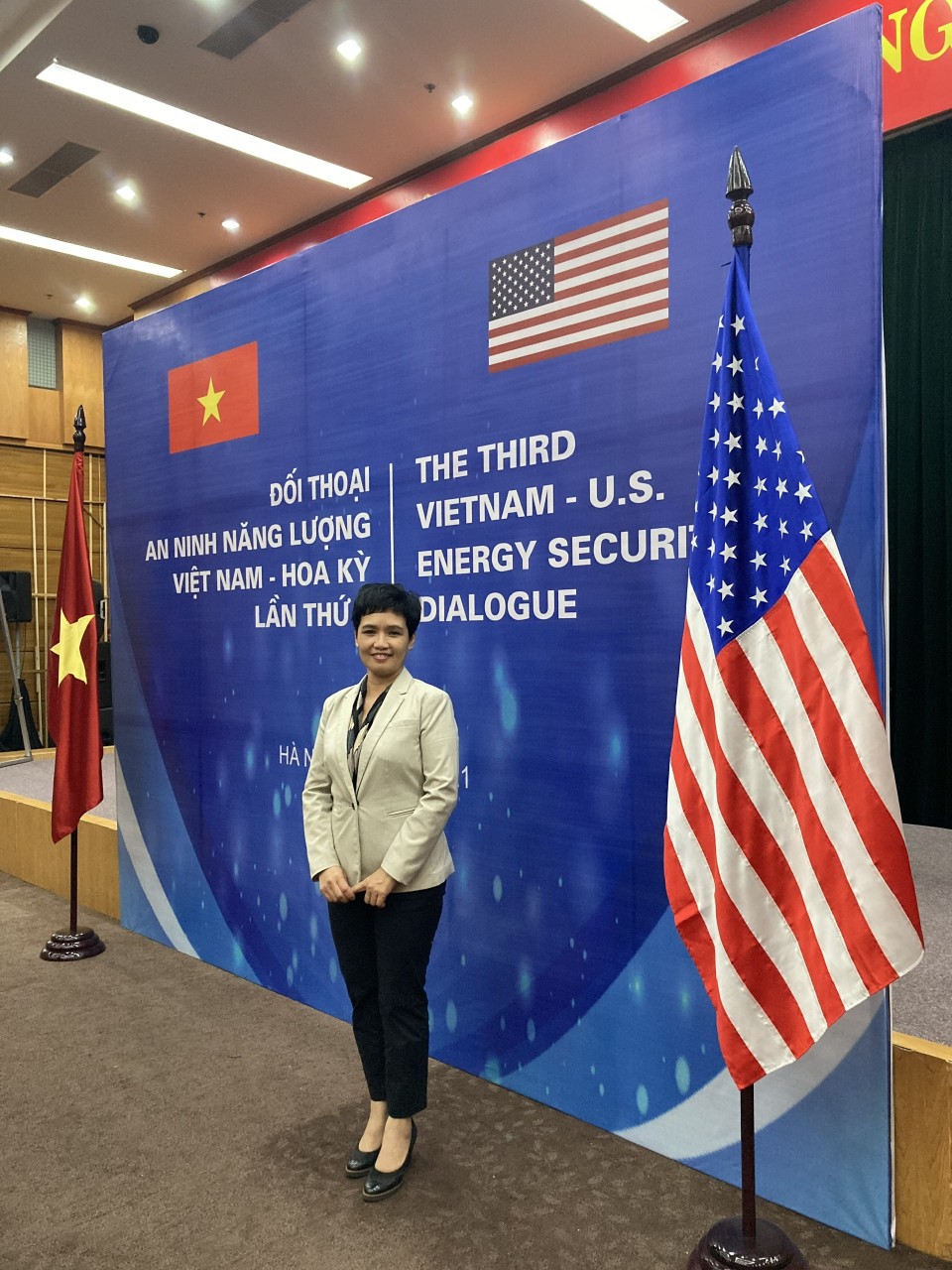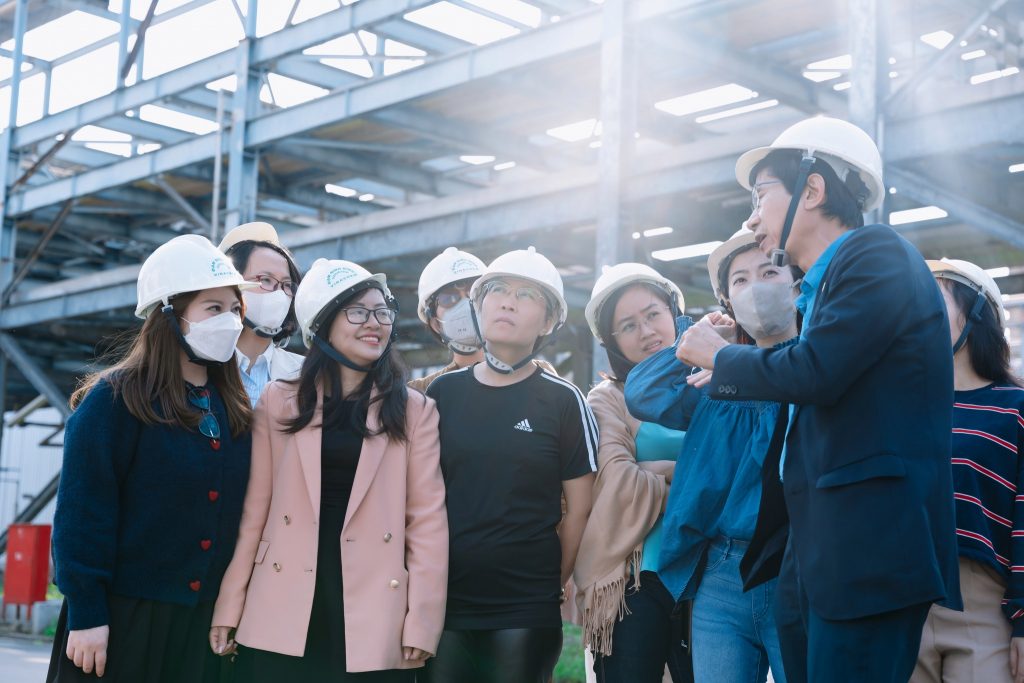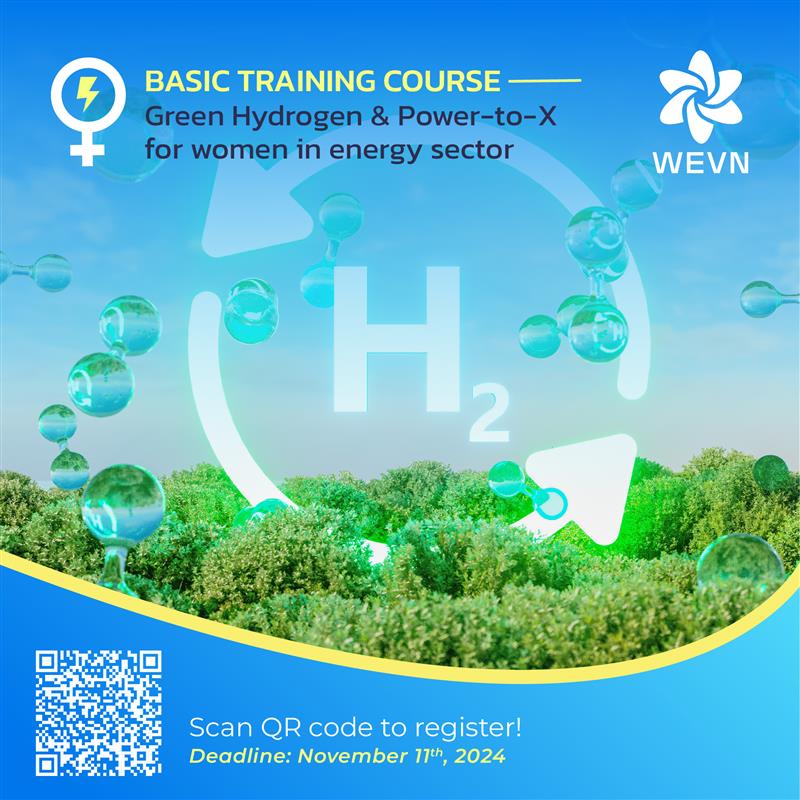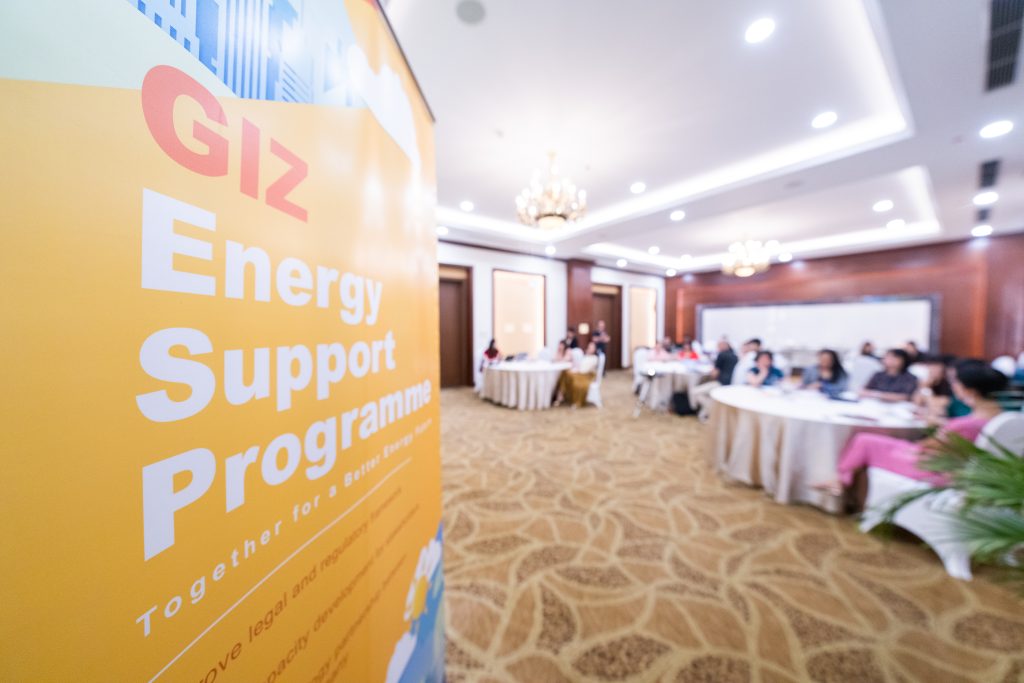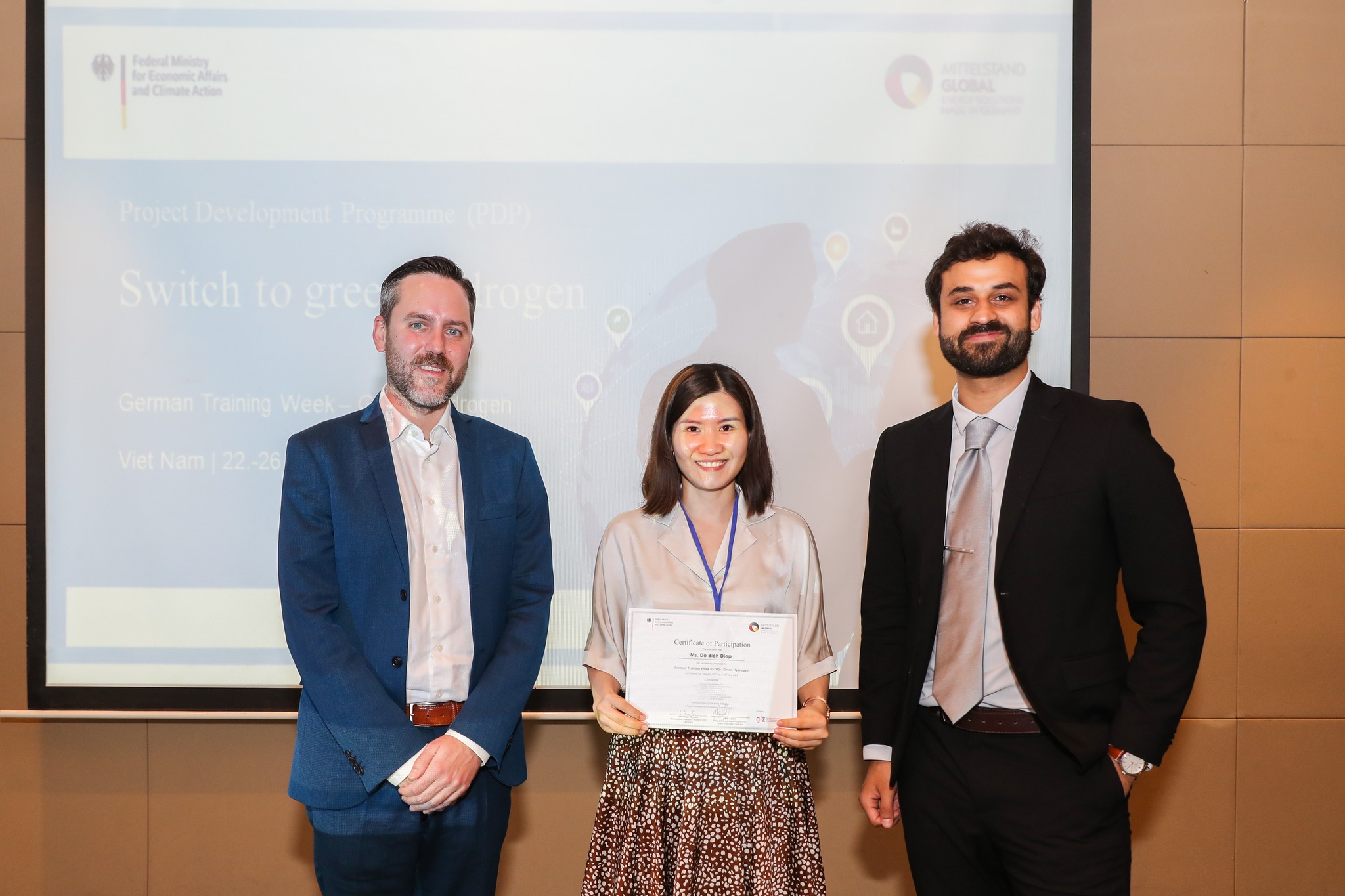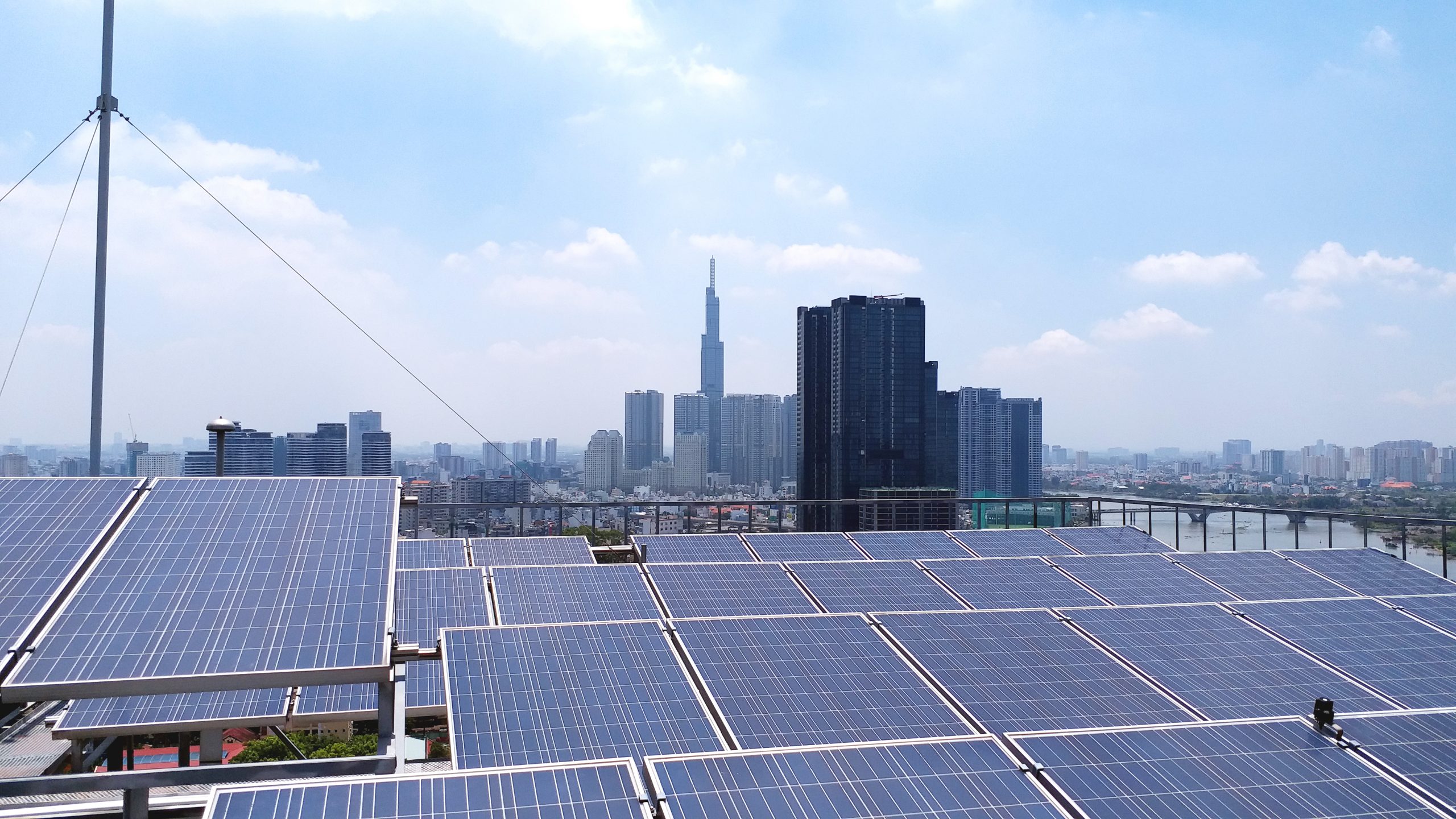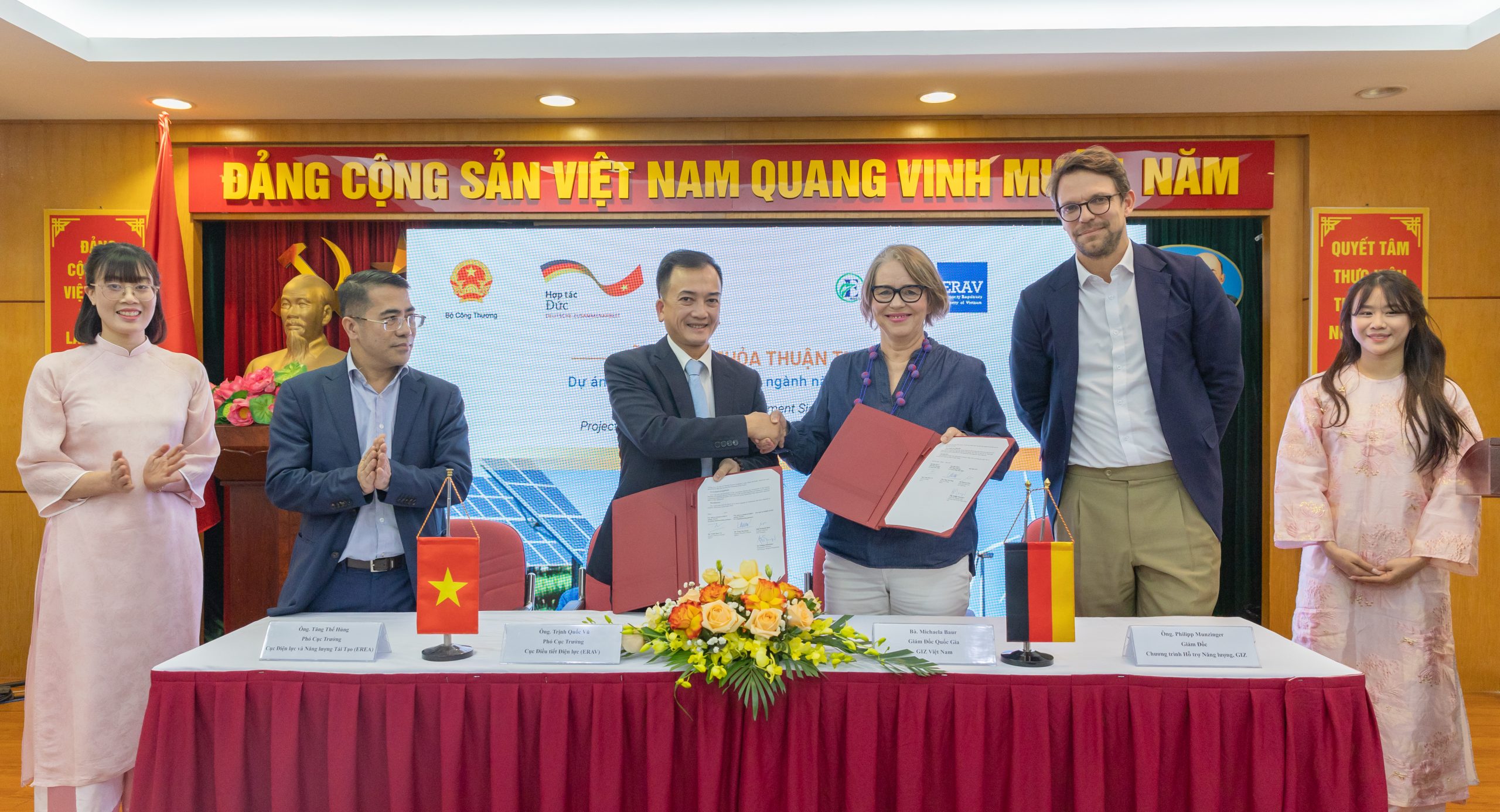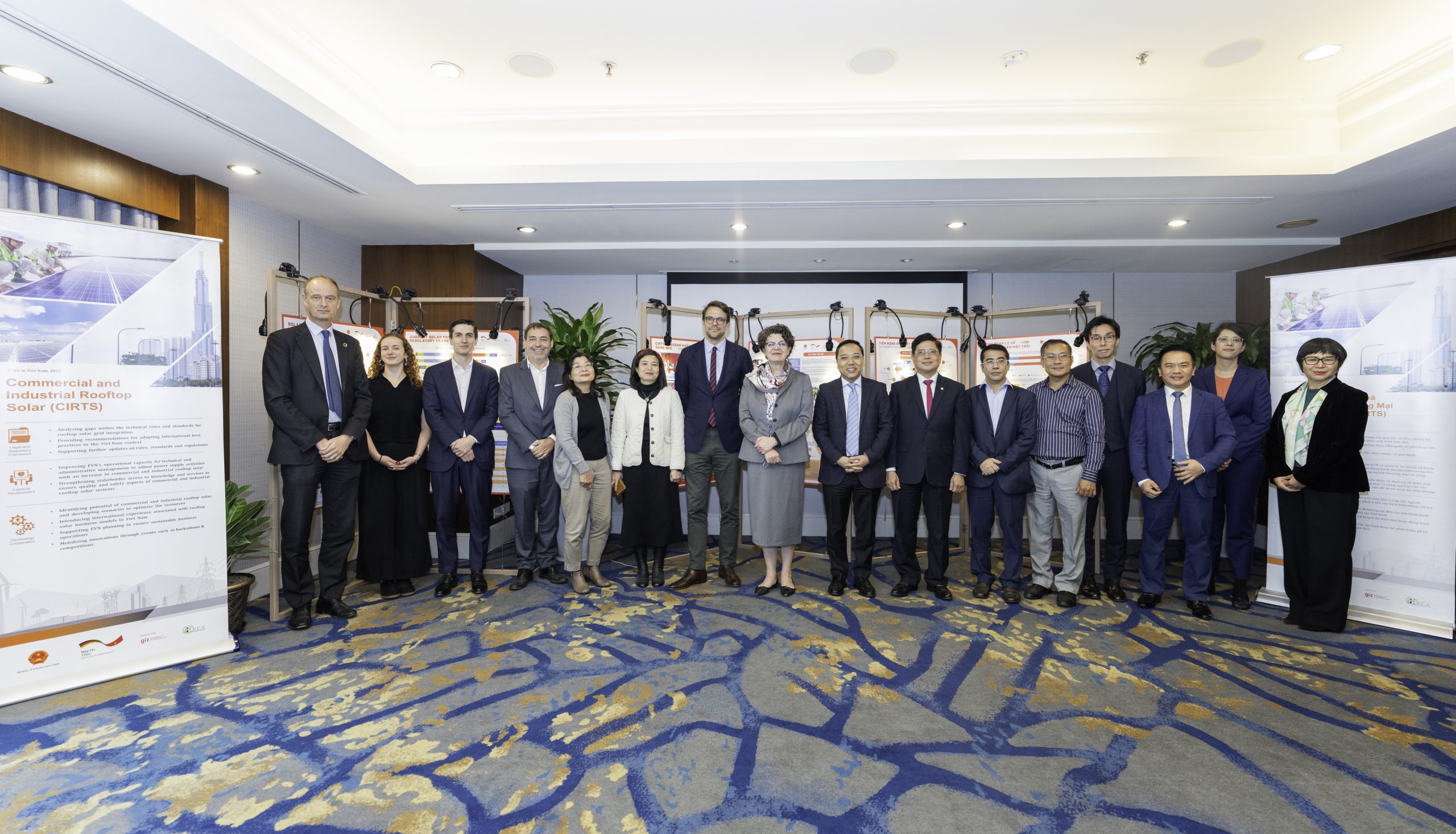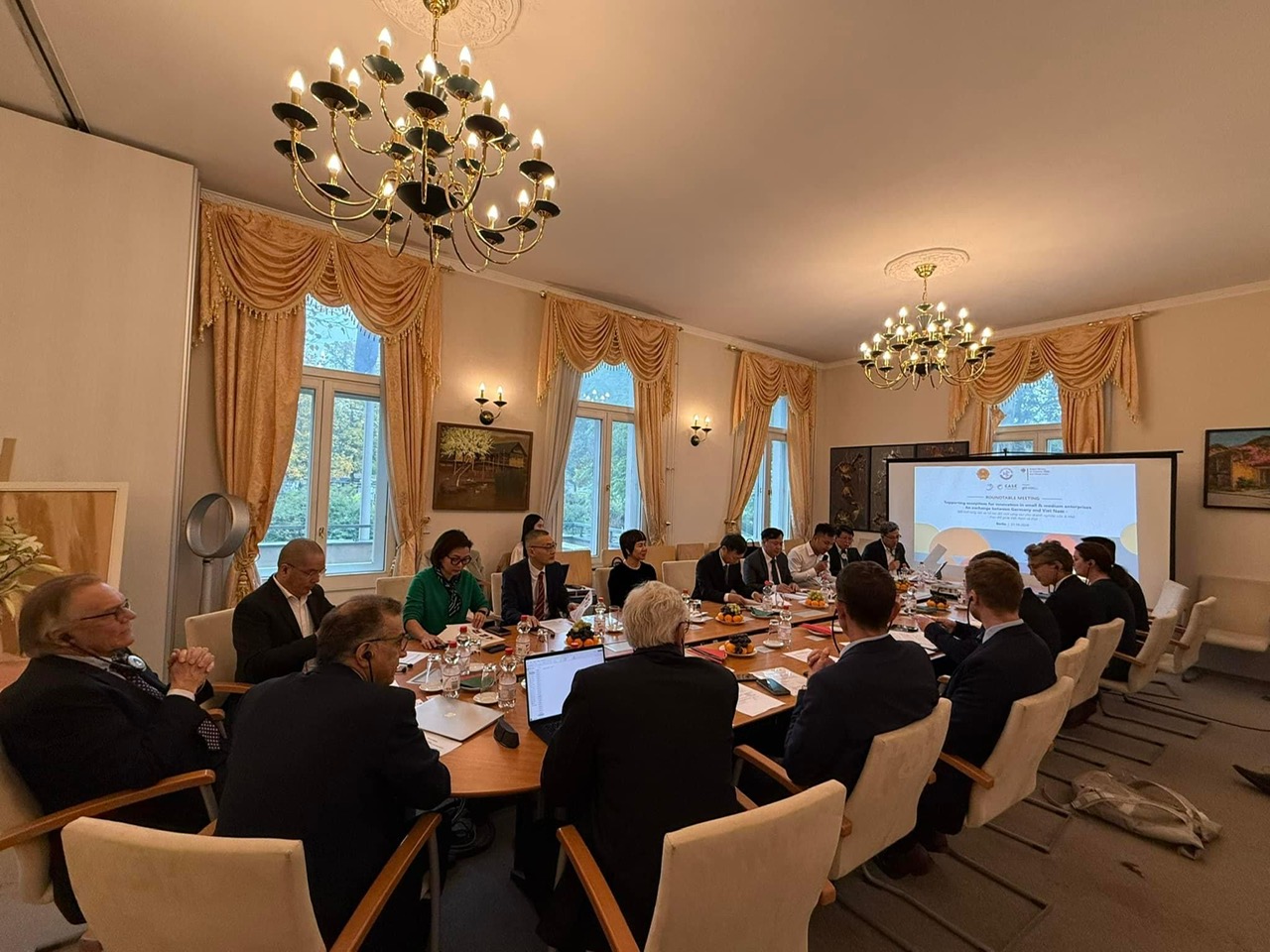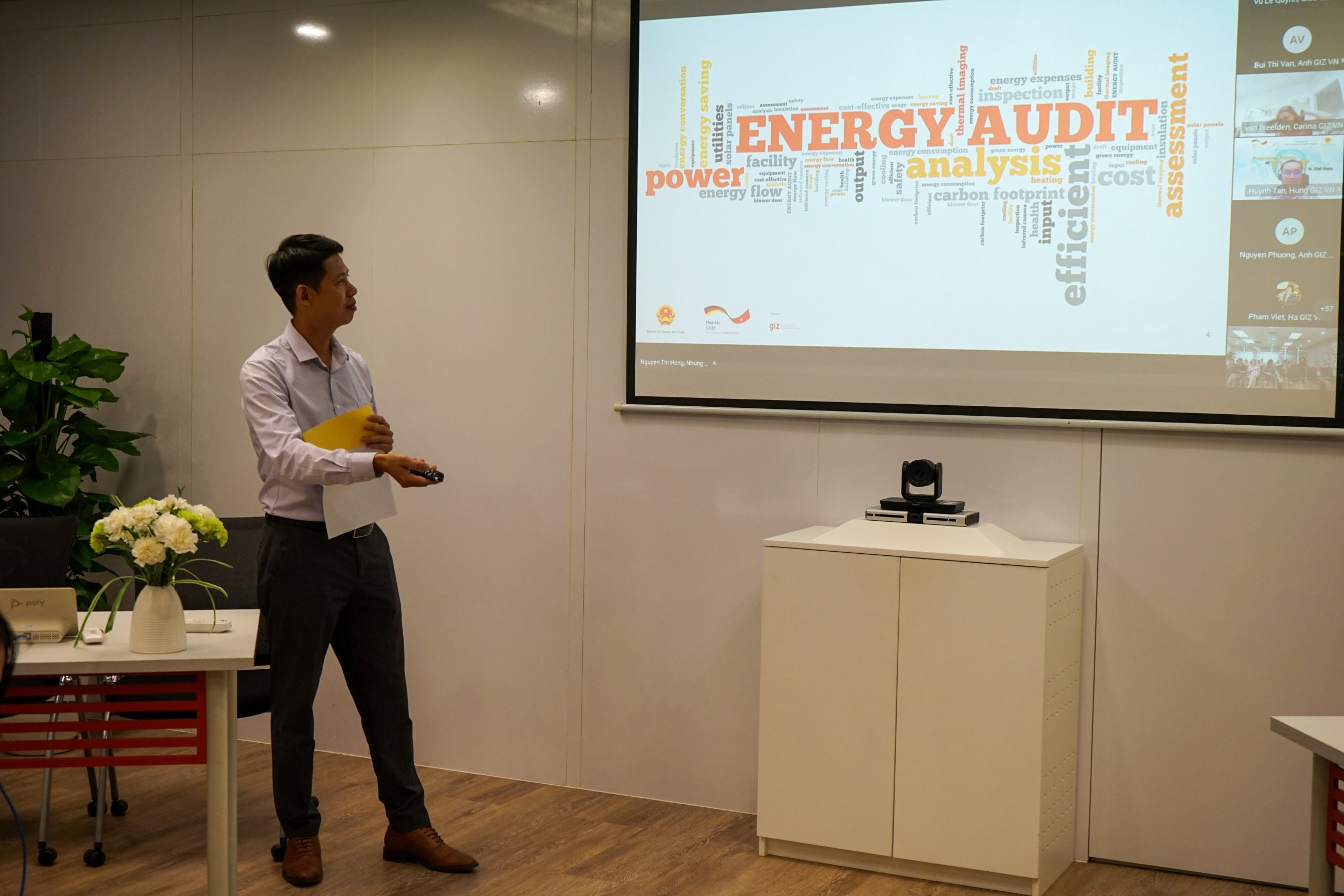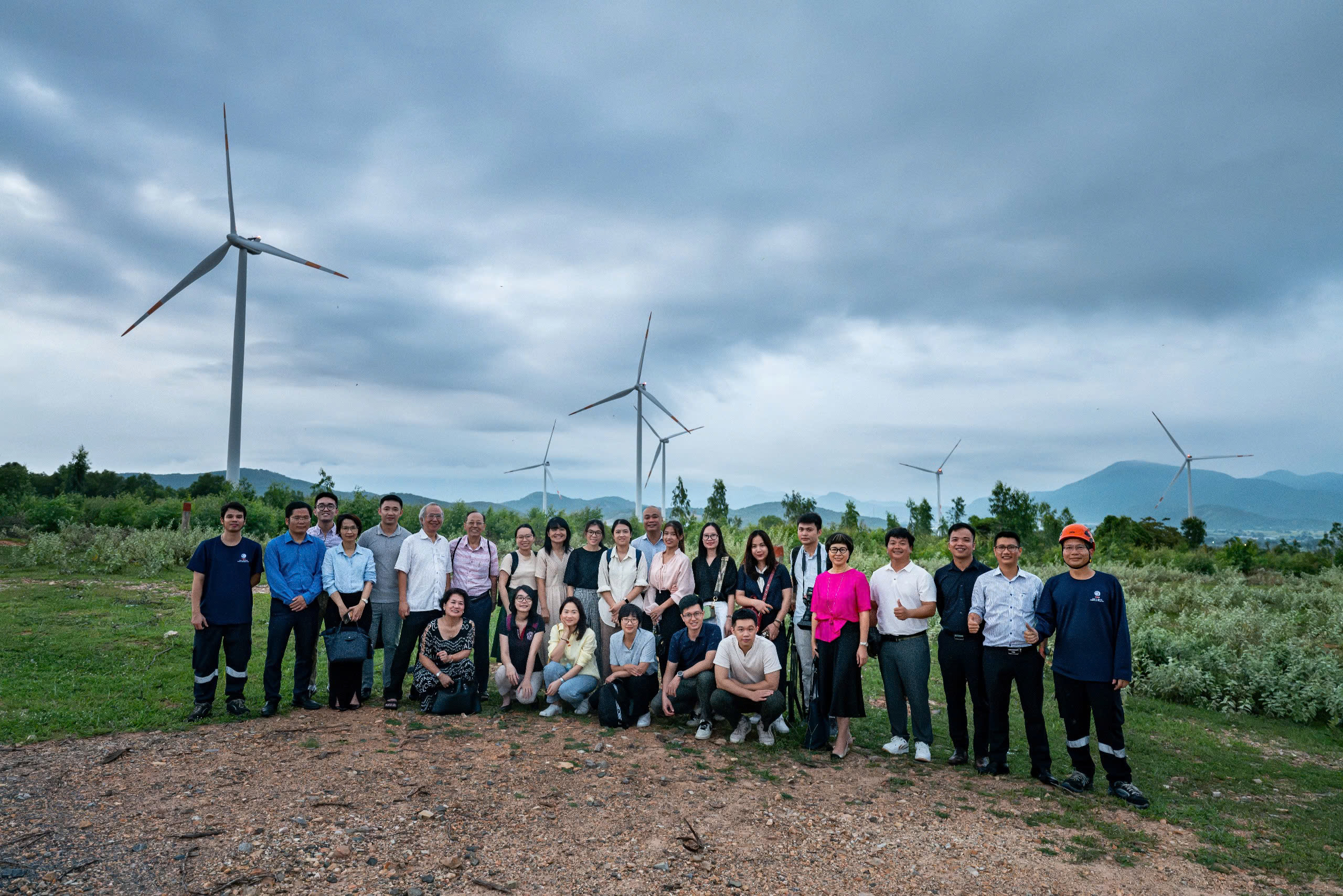In February 2023, the European Commission released two Delegated Acts in accordance with Article 27 and Article 28 of the Renewable Energy Directive (REDII). These Acts lay down the guidelines governing the utilization of renewable hydrogen and other Renewable Fuels of Non-Biological Origin (RFNBOs) within the EU. While these criteria hold primary significance within the EU, it is of paramount importance for nations like Viet Nam to understand these regulations and procedures. Doing so enables decision-makers to create a country specific hydrogen and PtX narrative that caters to Viet Nam’s requirements while also considering insights from Europe.
Amidst the ever-increasing global focus on sustainable energy solutions, the International PtX Hub and Ptx Hub Viet Nam, in collaboration with the Ecologic Institute (Germany), hosted an interactive workshop on Green hydrogen Certification on 3 August 2023. The workshop brought together a diverse group of hydrogen experts from Germany and stakeholders from Viet Nam, including green hydrogen project developers of both state-owned and private companies as PVN, PV Gas, Binh Son Refining and Petrochemical Joint Stock Company (BSR), The Green Solutions Group (TGS), and relevant ministry officials as MOIT, financial institutions and research institutes.
In February 2023, the European Commission released two Delegated Acts in accordance with Article 27 and Article 28 of the Renewable Energy Directive (REDII). These Acts lay down the guidelines governing the utilization of renewable hydrogen and other Renewable Fuels of Non-Biological Origin (RFNBOs) within the EU. These regulations encompass all RFNBOs, regardless of whether produced within or outside the EU.
Therefore, this workshop, as Markus Bissel, Project Director for the Viet Nam component of the international PtX Hub in under the GIZ Energy Support Programme emphasizes, plays an important role in supporting the Vietnamese Government in fostering the growth of the PtX industry and promoting green hydrogen. He adds that the workshop aims to provide comprehensive insights into the ongoing debates and emerging regulatory frameworks surrounding greenhouse gas emissions (GHG) accounting and sustainability in hydrogen production and PtX products, particularly with a focus on the European Union.
The presentations, conducted by renowned experts, offered a deep dive into various aspects of green hydrogen certification. Raffaele Piria from the Ecologic Institute provided background and context for the EU hydrogen certification rules and procedures. He emphasized the relevance of standards and certification concerning GHG emissions and sustainability for countries like Chile and Uruguay. The rationale behind the focus on transport fuels was also clarified, while also acknowledging the potential applicability of these policies to hydrogen used for other purposes. Moreover, the session offered glimpses into anticipated revisions and possible future developments in these policies, and other dimensions of sustainability, broadening the scope of understanding for all involved.
Dominik Seebach, from the Institute of Applied Ecology (Öko-Institut), shed light on the governance and implementation of certification systems in the EU. Participants gained insights into the need for certification in global markets, the different elements of certification systems, and the required roles of various actors.
Seebach highlighted the significance of applying certification schemes to participate in international trade of hydrogen and PtX. “The application of certification schemes will play a crucial role in facilitating international trade of hydrogen and PtX technologies. For export of RFBOs to EU, application of the mass balance tracking approach will be mandatory to get highest willingness to pay by buyers, particularly from the transport sector. At present, no specific certification systems are established, but once approved by the European Commission, the so-called “voluntary schemes” will become relevant contact points for the European markets. As different rules and regulations apply to individual production countries, a learning curve will be inevitable, requiring a case-by-case approach for successful implementation” Seebach stated.
The workshop also offered an in-depth analysis of the EU’s conditions for considering hydrogen as “of renewable origin.” The methodology outlined in the Act lays down detailed regulations for counting hydrogen as renewable in various scenarios. It encompasses guidelines for electrolysers linked to the main electricity grid, off-grid electrolysers, and hydrogen or PtX products imported to the EU.
In this workshop, participants also dived deep into the second Delegated Act adopted by the European Commission on 10 February 2023. The Act introduces a significant threshold of 70% for greenhouse gas (GHG) emission savings of recycled carbon fuels. Attendees gained insights into the general principles guiding the assessment of GHG emissions savings, along with a comprehensive understanding of the formula employed for this evaluation.
While these criteria hold primary significance within the EU, it is of paramount importance for nations like Viet Nam to understand these regulations and procedures. Doing so enables decision-makers to create a country specific hydrogen and PtX narrative that caters to Viet Nam’s requirements while also considering insights from Europe, Vietnamese participants confirmed.
The event helps promote collaboration and drives positive change for a sustainable future. The knowledge shared and insights gained from the workshop will undoubtedly contribute to advancing the green hydrogen and PtX industry, not only in Viet Nam but globally.
The International Power-to-X Hub is funded by the German Federal Ministry for Economic Affairs and Climate Action (BMWK) and implemented by GIZ Viet Nam. The project aims at supporting Viet Nam’s government to develop a PtX industry with four main outputs: to build capacities in PtX industry, to facilitate dialogues on sustainability, to give advice on policy frameworks and strategies for PtX and to analyse country potentials.
For further information about Viet Nam country page of the PtX Hub, please visit: Vietnam – PtX Hub (ptx-hub.org)
Read more of the workshop presentations here (only in English): GIZ – Documents of Green Hydrogen Certification Workshop (www.esp.org.vn)



